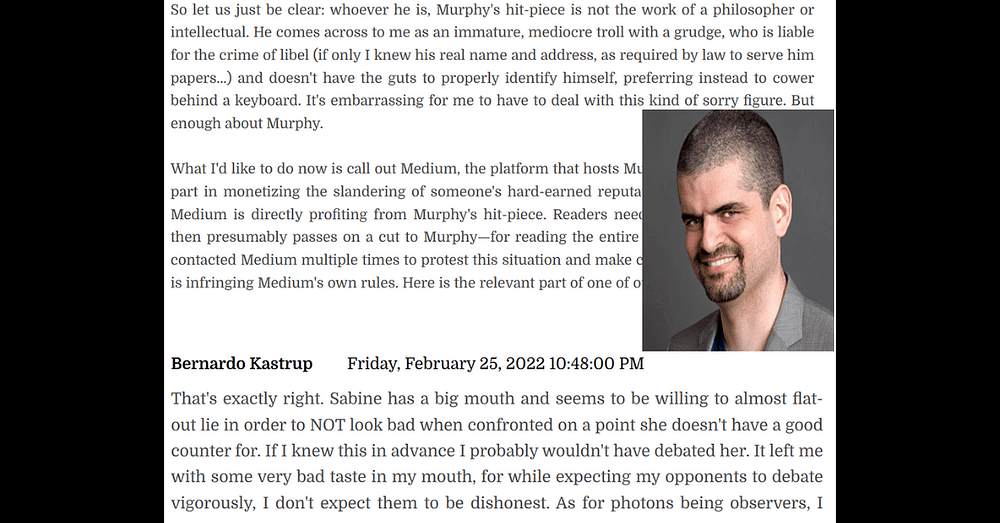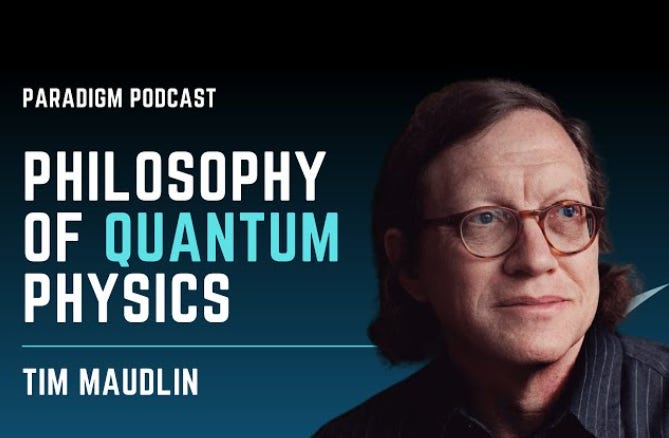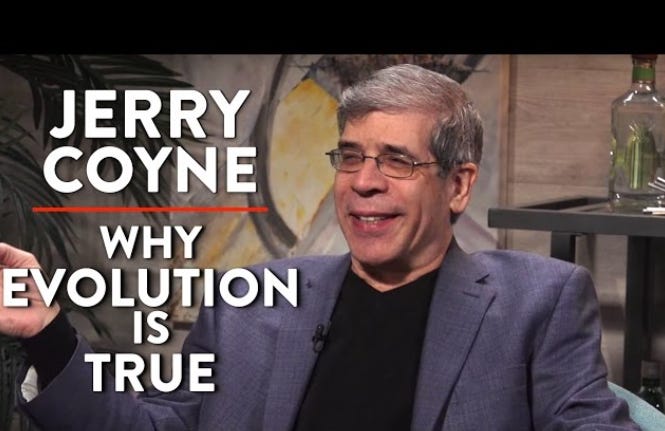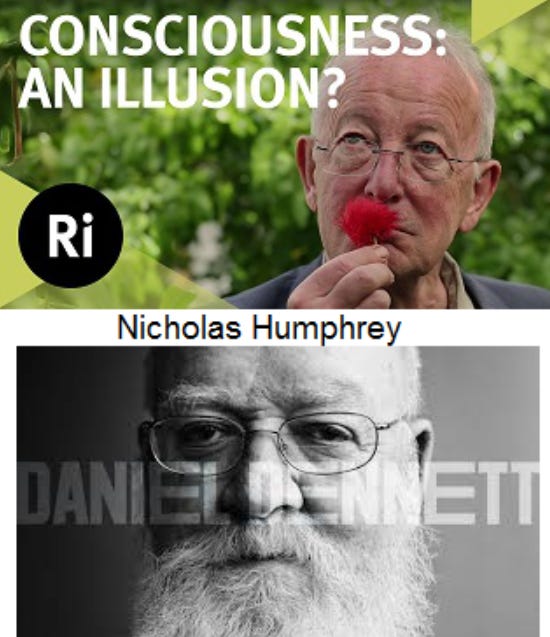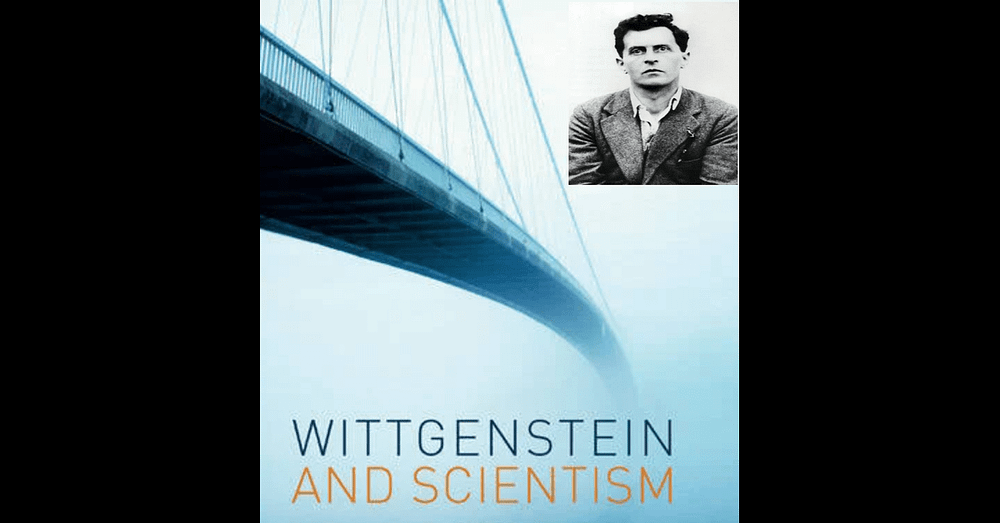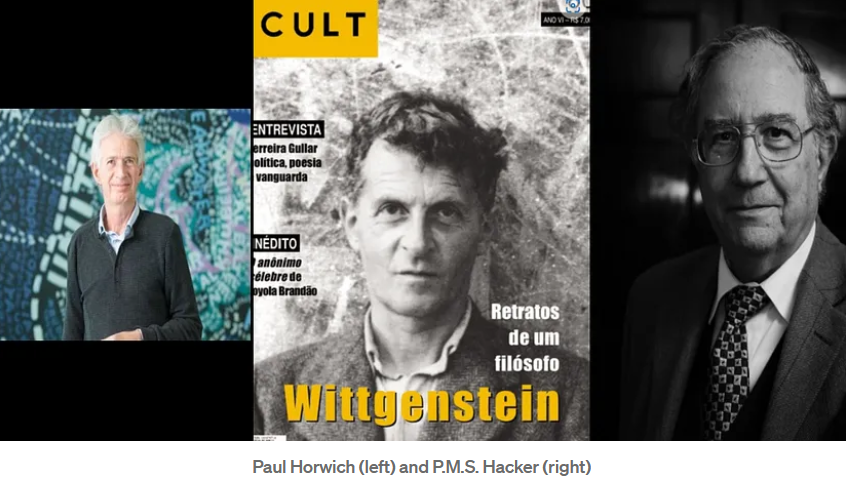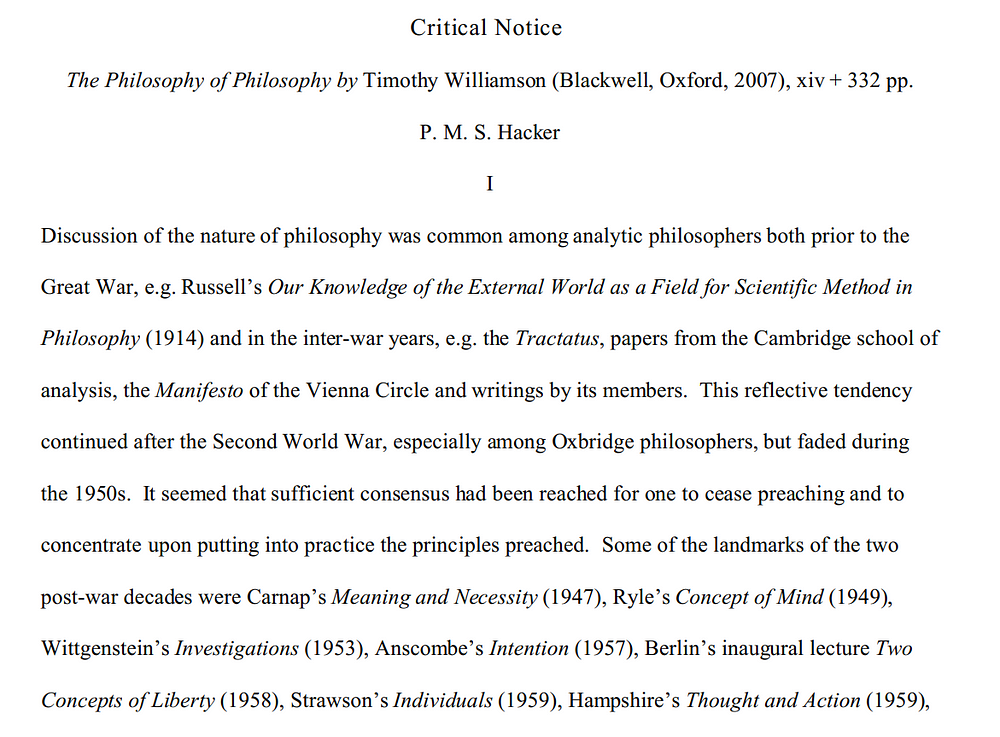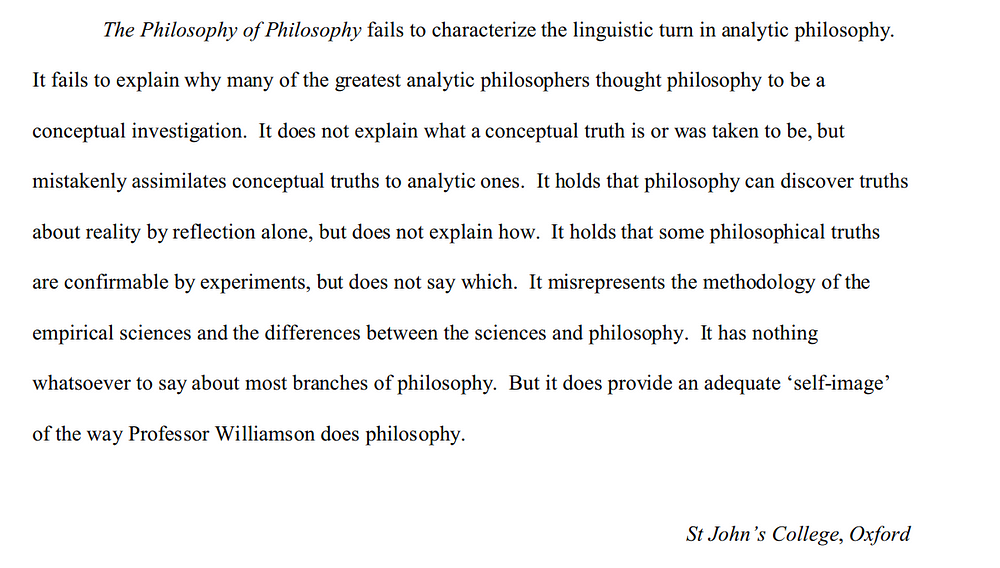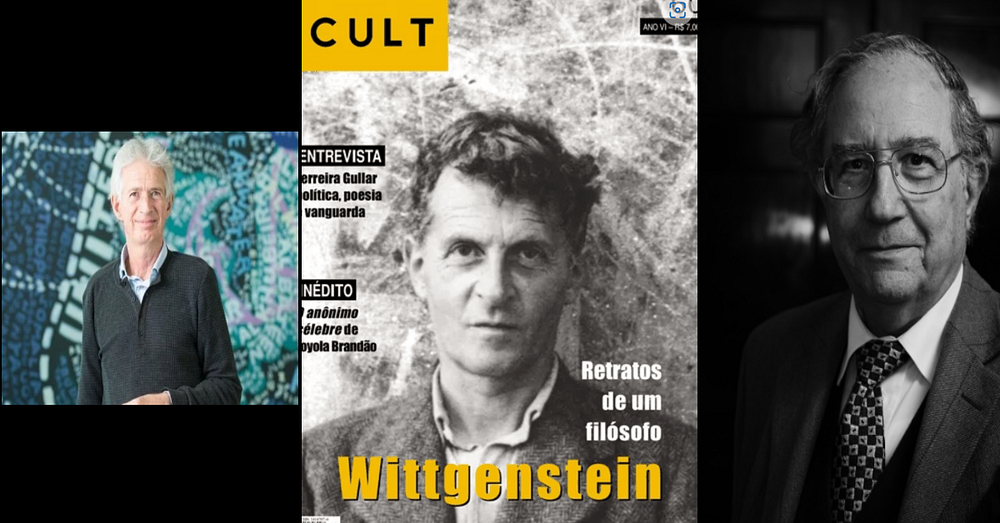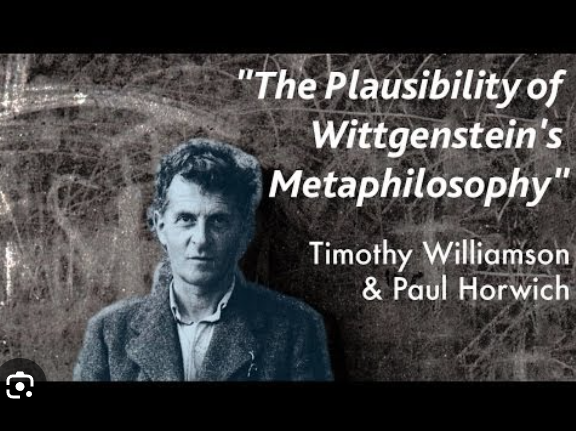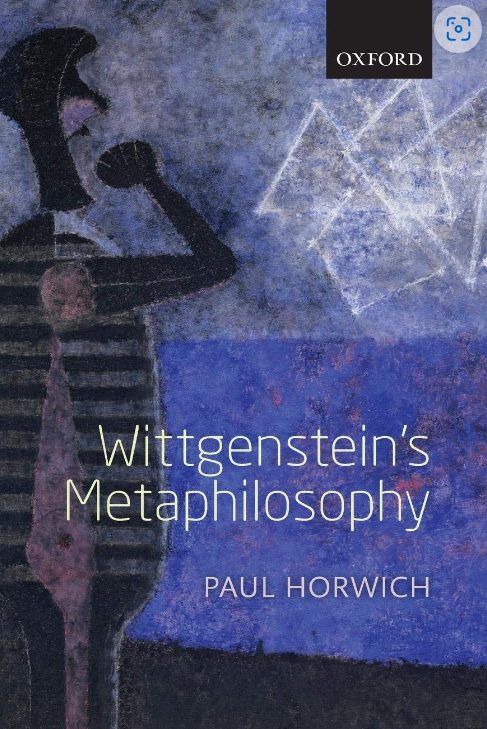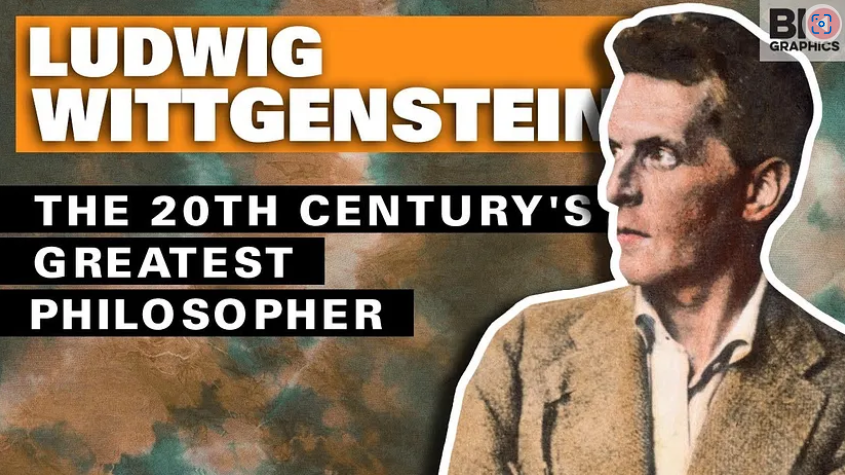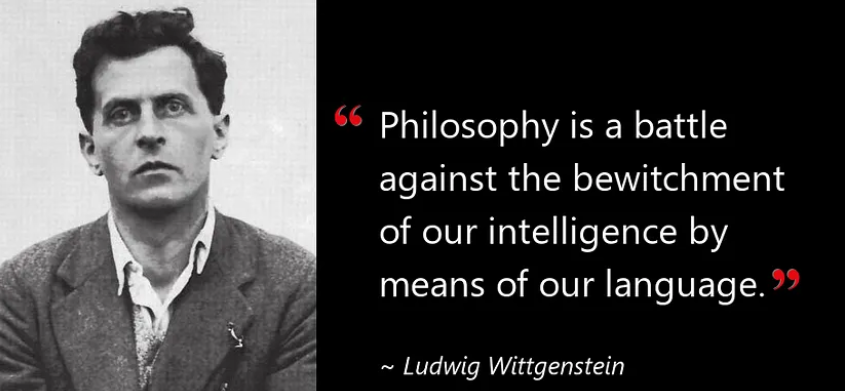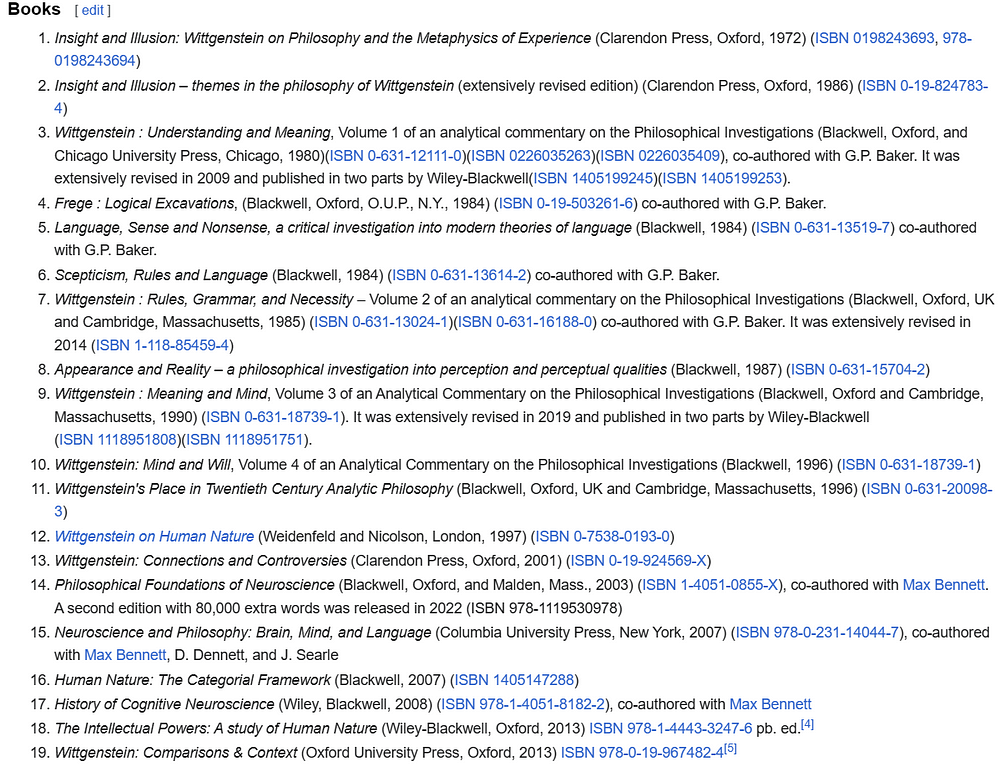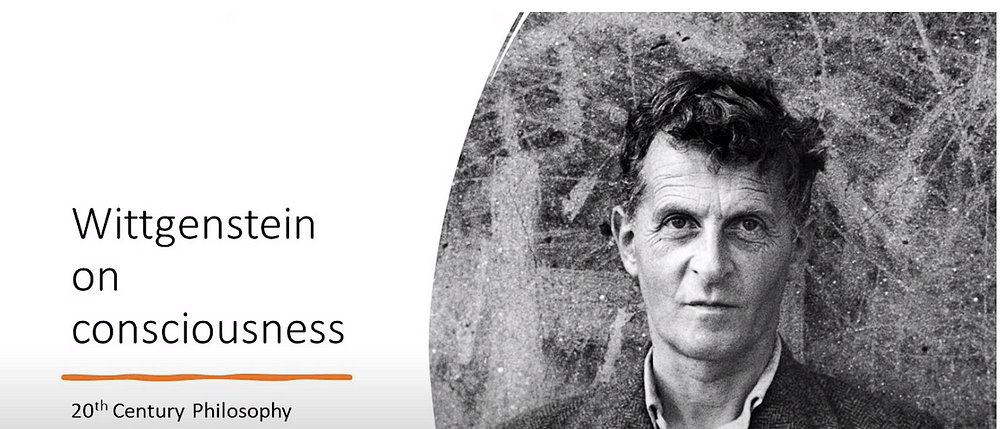Probably not.
The following passages are from Bernardo Kastrup’s blog Bernardo Kastrup, PhD, PhD: Meditations on life, the universe, and everything.
Kastrup on the American philosopher Tim Maudlin:
“[Tim] Maudlin’s unbecoming, unacademic and rude behaviour made it clear that such was not the case. He came across to me as a nasty and crass street brawler, not a thinker. [] Nor do I find his ungrounded, tendentious, hand-waving and wishful technical statements worthy of in-depth discussion in debate format. I am sure he can continue to believe in his unfalsifiable, pseudo-scientific fantasies without my help.”
Kastrup on the German theoretical physicist and science communicator Sabine Hossenfelder:
“Sabine [Hossenfelder] has a big mouth and seems to be willing to almost flat-out lie in order to NOT look bad when confronted on a point she doesn’t have a good counter for. [] Her rhetorical assertiveness is, at least sometimes, a facade that hides a surprising lack of actual substance.”
“[I]t is entirely possible for someone who sincerely considers themselves honest to arbitrarily dismiss substantive points, deflect and mislead to a level that flirts with lying, just to save face and avoid being pinned down during a debate, thereby protecting their public image at the cost of someone else’s.”
“I am now convinced, to my own satisfaction, that Hossenfelder does not engage according to what I consider to be the minimum level of intellectual honesty required to render the debate fruitful.”
“I am not doing this just to gratuitously and repeatedly stick my finger in the wound; I’m not trying to do character assassination. [Sic!] [] by flat-out misrepresenting her own output. I ought to defend myself against that overt suggestion, which I consider to have been rhetorical and dishonest, violating all basic debate ethics.”
Kastrup on the American biologist Jerry Coyne:
“Dim-witted biologist [].”
“The target of Jerry Berry’s [Jerry Coyne] latest rant and rage has been an essay I wrote.”
“This is one of those embarrassing passages in which Jerry Berry [Jerry Coyne] unwittingly makes painfully clear to the whole world the depths of his philosophical ignorance.”
Kastrup on the Skeptical Inquirer magazine:
“What makes the profound ignorance betrayed by the ‘review’ even worse is the conceitedness and pretentiousness that oozes through it.”
“How can a magazine with ambitions to ‘promote scientific inquiry, critical investigation, and the use of reason’ publish this kind of juvenile garbage?”
“If I were a subscriber to the Skeptical Inquirer, I would feel offended by this ‘review.’ [].”
“[W]hat kind of psychological disposition makes one feel entitled to publicly criticize something one has admittedly not understood?”
Kastrup on the English philosopher Philip Goff:
“Since he [Philip Goff] was a cosmopsychist just a couple of years ago, then a constitutive panpsychist for the duration of one book, and now seemingly something else already again, who knows what his position will be by the time we debate?”
“Many academic philosophers love to indulge in these tortuous conceptual games that achieve lift off from the firm ground of reality and end up in some other galaxy. This is no news. But I confess to feeling disappointed at Philip [Goff], an academic philosopher I thought would see through this nonsense. I regret that so much energy and time was wasted, during the debate [].”
Kastrup on the American neuroscientist Michael Graziano and the British philosopher Keith Frankish:
“[Keith] Frankish has accomplished precisely nothing in his long essay; at least nothing more than tortuous obfuscation and hand-waving.”
“Not only that, he [Michael Graziano] is a Princeton neuroscientist who couldn’t even weave a conceptually consistent counter-argument in his ‘reply’ of little more than 800 words.”
“[T]o watch him [neuroscientist Michael Graziano] babble incoherently in front of you and think, ‘this is actually happening.’”
“[W]hen it comes to Graziano and [Keith] Frankish, things are different. They truly are emperors with no clothes.”
“Their [Graziano and Frankish] nonsense is toxic, corrosive and pernicious, not only because it is nonsensical, but because — if believed — it could undermine the very foundations of our secular ethics and moral codes.”
“Our emperors [Frankish and Graziano] are parading proudly in front of us, but they really have no clothes. Watch carefully, ignore the posturing cacophony around you, and you shall see it in horror.”
Kastrup on the American philosopher and biologist Massimo Pigliucci:
“[T]here is little of substance in [Massimo] Pigliucci’s essay to actually rebut or respond to. [] Unlike Pigliucci, I shall comment based on substance. Yet, I shall also comment vigorously and honestly, not through a smokescreen of passive aggression.”
Kastrup on the American philosopher, neuroscientist and author Sam Harris:
“[Sam] Harris seems to be, at best, confused and ignorant of the facts; or, at worse, wilfully biased in his appraisal of the available data. [] The irony would be sweet if it weren’t concerning as far as what it seems to say about Sam Harris.”
Kastrup on “academic philosophers”:
“[S]ome seem to react to what I have accomplished with covetousness — as opposed to the objectivity that academics are expected to embody — is both a serious problem and a missed opportunity for desperately-needed change. [] many academic philosophers have abandoned reality and now spend their time playing entirely abstract conceptual games of no relevance to you and me. But they still insist that what they do is ‘real’ philosophy. [] Academic philosophy is funded by public money paid out of our taxes. As such, it must be relevant to us.”
Kastrup on the American philosopher Daniel Dennett and the English neuropsychologist Nicholas Humphrey:
“And [Daniel] Dennett isn’t alone. Others, like psychologist Nicholas Humphrey, suggest the same thing [] Despite being a surreal display of in-your-face incoherence, the fact that the video is cladded with the gentle and trust-inspiring demeanor of an affable old man [].”
Kastrup on the British psychologist and writer Susan Blackmore:
“I rather think she [Susan Blackmore] and the other magicians are fooling themselves; the left hand doesn’t know what the right hand is doing.”
Kastrup on “fundamentalist atheists”:
“There is a significant way in which fundamentalist atheists may be unconsciously attributing to others their own cognitive limitations. In psychological terms, this is called a projection. By passing judgment onto their own projections according to the rules of their own private games, they reveal parts of their psychological makeup but assert nothing of relevance about the nature of reality.”
And, finally, Kastrup on yours truly:
“It makes no argument, probably because Murphy just isn’t intellectually capable of making one. [] we can only assume that he is what he seems to be: a spiteful nobody living on social security and spouting his grievances from a rented bedroom). His piece is petty, small-minded, and childish.”
So should Philip Goff, Keith Frankish, Sam Harris, Sabine Hossenfelder, Massimo Pigliucci, Nicholas Humphrey, Jerry Coyne, Tim Maudlin, etc. sue Bernardo Kastrup for his insulting and slanderous claims?
Probably not.









